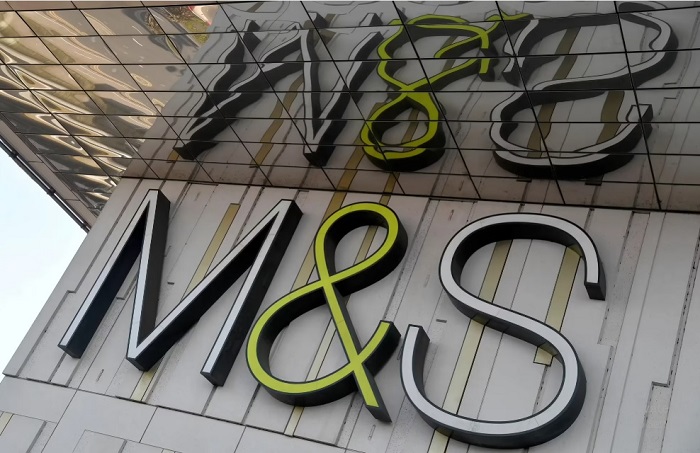The global fashion industry is undergoing an extraordinary technological transformation as leading luxury brands are heavily investing in Artificial Intelligence (AI).
Luxury brands like Gucci and Balenciaga are spearheading early experiments with AI-assisted concept generation tools to accelerate design cycles without compromising creativity. This strategic shift aims to dramatically reduce design time, mitigate sustainability risks, and solidify brand preference in an increasingly competitive luxury market.
AI is enabling virtual prototyping to significantly minimize textile waste, offering custom designs based on individual consumer preferences, and providing sophisticated trend predictions by analyzing machine learning data combined with vast amounts of social media commentary.
According to McKinsey's 2024 report on the State of Fashion, AI is becoming a crucial differentiator for luxury brands, essential for maintaining relevance with future Gen Z consumers. Beyond luxury, even mid-tier brands are evaluating AI to reduce the impact and associated costs of over-developing products that often lead to waste, especially as consumer demand shifts post-pandemic. Pilot projects by Burberry and Kering highlight AI's role in sustainability, expressing interest in virtual fit testing before physical prototyping to cut carbon emissions.
The adoption of AI isn't exclusive to the fashion elite. The accessibility of low-cost or free AI services means new, independent, and self-funded brands can now leverage these powerful tools. This enables them to create and sell designs globally, effectively "flattening the field," as one industry insider observed. A designer in Lagos or Bangkok now has the same "infinite access" to these tools as a Parisian atelier.
This democratization of design aligns with broader fashion retail trends, particularly the increasing importance of social media and e-commerce for small and medium-sized brands to connect with consumers beyond their local markets. As luxury brands grapple with eroding margins, evolving consumer tastes demanding speed and constant change, and expectations for personalization, analysts believe the AI boom will fundamentally transform the creative process in fashion, much like digital marketing revolutionized content creation and retail models.












